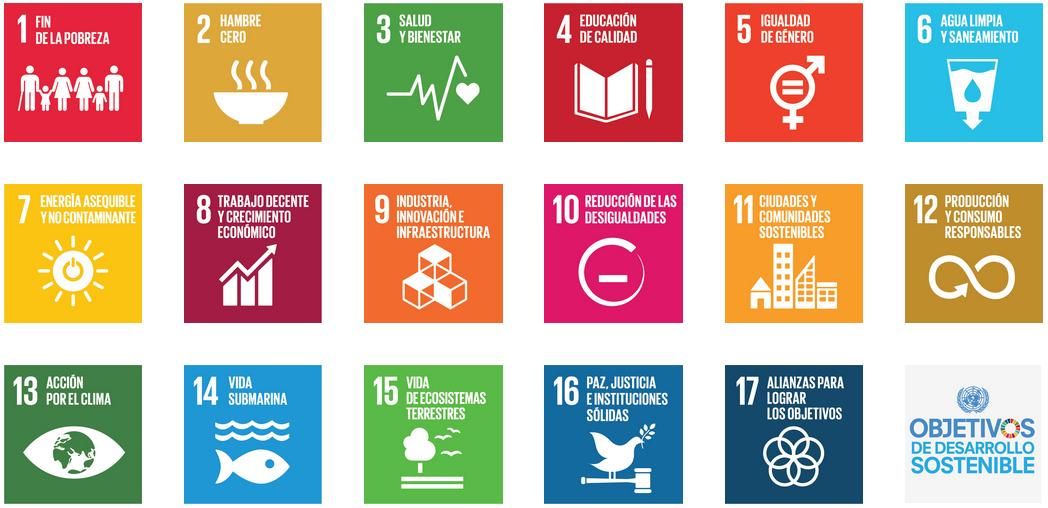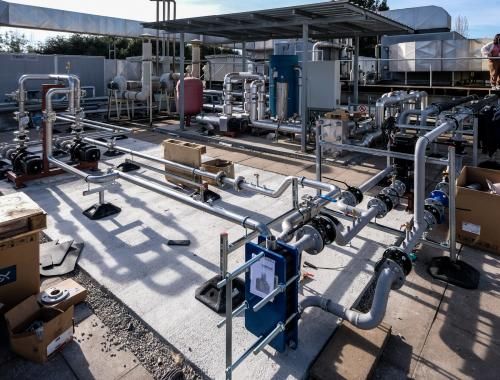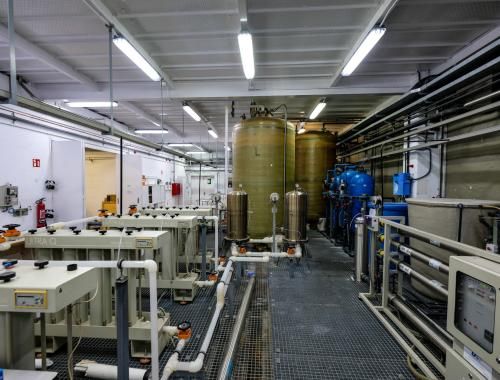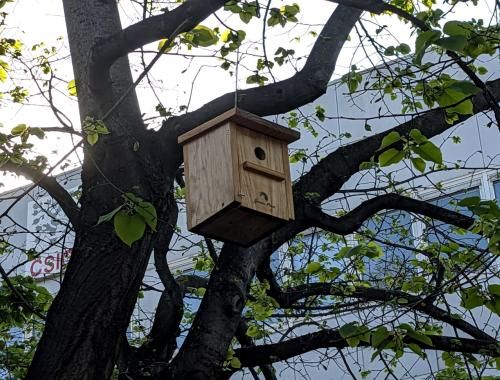Sustainability Committee
It has the mission of promoting environmental consciousness at IMB-CNM, a sustainability culture and the adoption of responsible practices in the center.
The Sustainability Committee was created in May 2023 with the mission of fostering environmental awareness at IMB-CNM, promoting a culture of sustainability and encouraging the adoption of responsible practices at the center. It seeks to facilitate the implementation of Sustainability Plans in the institute's various activities and to propose initiatives that reduce environmental impact. The committee focuses on the dissemination and promotion of ecological actions that generate positive changes contributing to a more sustainable future. To this end, it works on the continuous improvement of sustainability on a daily basis through the optimization of resources and the adoption of good environmental practices.
Lines of action
To address sustainability in a comprehensive manner, the committee organizes its actions in five key areas:
- 1. Energy efficiency: Optimization of electricity consumption and promotion of renewable energies.
- 2. Water management: Responsible use of the resource and strategies to reduce consumption.
- 3. Waste reduction and management: Minimization of waste and promotion of recycling.
- 4. Biodiversity and green spaces: Protection and improvement of the natural environment of the center.
- 5. Dissemination and awareness: Environmental education and dissemination of good practices.
All this with the aim of building a more sustainable and environmentally friendly work environment.
Objectives
- Raise awareness: increase awareness among the institute' staff of the importance of sustainability in its social, economic and environmental aspects.
- Disseminate: inform about sustainable guidelines applicable to daily practice, covering areas such as waste management, energy efficiency, resource consumption or the use of assets to extend their life.
- Promote eco-initiatives: to guide the rational use of resources and waste reduction.
- Educate and train: organization of workshops and seminars aimed at sustainable practices.
- Monitor and evaluate lines of action: implement a system for monitoring the adoption of sustainable practices, which measures the evolution of the group's initiatives.
Sustainability at CSIC
The CSIC has a Plan de Sostenibilidad (Sustainability Plan). It is the first of its kind at CSIC and responds to an institutional commitment to improve sustainability practices. It is innovative because it incorporates sustainability as a strategic priority in all CSIC's areas of action, contributing to environmental, social and economic well-being, aligned with the Sustainable Development Goals (SDGs). The plan is the result of a comprehensive effort to systematically address sustainability in our institution.
The plan establishes 32 specific actions, organized around four strategic axes, which will be monitored through 32 indicators. It ranges from energy efficiency and responsible water use to sustainable mobility, social inclusion and governance for a circular economy. The goal is to significantly reduce the carbon footprint and other environmental impacts of our scientific activity, while promoting an organizational culture committed to sustainability.
Sustainability Committee is formed by: David Quirion (Head of the Clean Room), David Muñoz, Neus Sabaté, Laia Forner, Roger Vendrell, Esteve Amat, Leo Salgado, Xavi Mas (Energy Manager), and Alfredo Cadarso (Head of the Committee).

Implemented actions
Various initiatives have been implemented to reduce environmental impact and promote responsible practices at the center. Some of the most noteworthy actions include:
- Optimization of energy consumption: Implementation of measures to reduce energy expenditure in the facilities.
- Sustainable water management: Reduction of consumption in laboratories, facilities and bathrooms through efficiency improvements.
- Changeover to LED lighting in the Clean Room: Replacement of lighting fixtures to improve energy efficiency.
- Waste management and separation: Implementation of sorting systems in offices and common areas.
- Environmental impact assessment: Analysis of the institute's impact and search for sustainable solutions.
- Published paper in Procedia CIRP: Making microelectronics research more sustainable: environmental assessment of an academic cleanroom
- Facility improvements: Installation of more efficient faucets in common bathrooms.
- Biodiversity promotion: Placement of nesting boxes in the garden area to encourage local fauna.
- Awareness-raising and dissemination: Talks, dissemination of information and placement of posters to promote good environmental practices.
Upcoming sustainability actions
Within the ICTS framework, new actions are being implemented to improve energy efficiency and reduce environmental impact. Planned measures include:
- Installation of solar panels: Incorporation of renewable energy to reduce electricity consumption.
- Optimization of the refrigeration system: Incorporation of new refrigeration machines to improve energy efficiency in the air conditioning of the Clean Room.
- Improvements in the air conditioning systems: Reduction of energy consumption by adjusting temperature, humidity, pressure and particle control parameters.
- Implementation of new scrubbers: Installation of systems to retain fluorinated gases, complementing the existing ones for chlorinated gases.
- Recycling of water from the deionized plant: Reuse of water to minimize waste.
- Optimization of clean room use: Adjustments in its use to maximize efficiency and reduce resource consumption.
- Chemical baths: Reduction in the use of chemical products in the processes.
- Acquisition of equipment with less environmental impact: Incorporation of more efficient and sustainable technology.
- Recycling of decommissioned equipment: Case-by-case evaluation to reuse or recycle disused equipment.
If you have ideas, suggestions or would like to join the committee, please contact the team:








